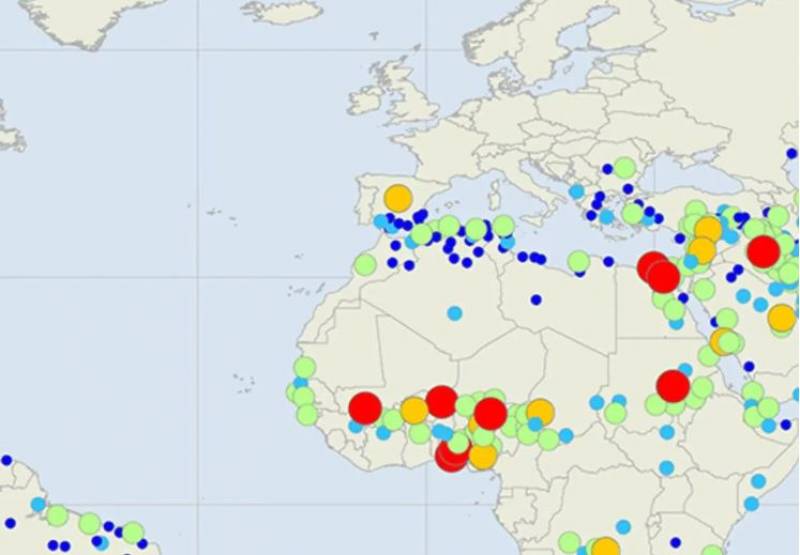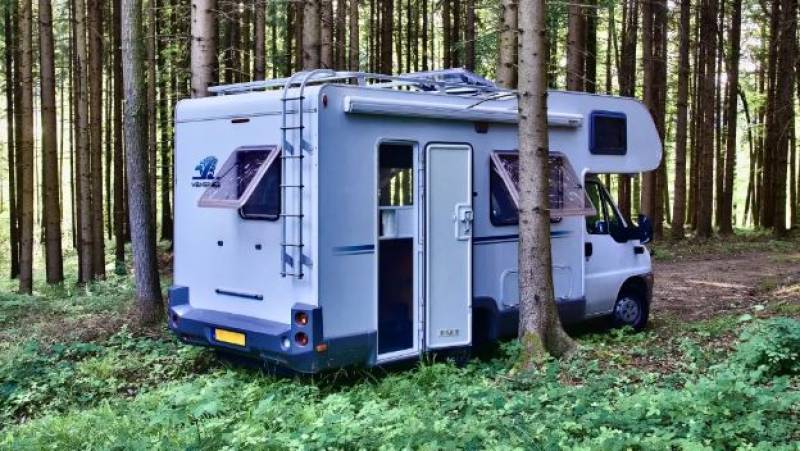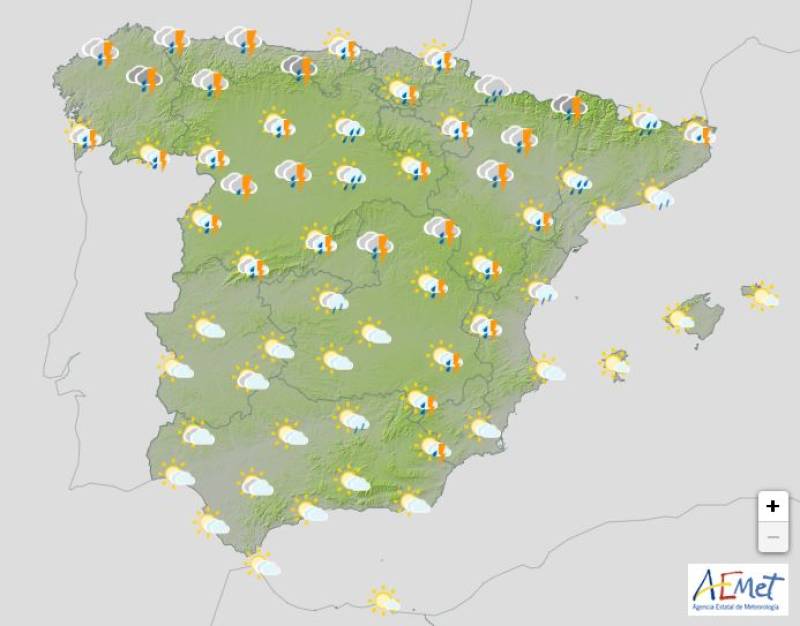- Region
- Águilas
- Alhama de Murcia
- Jumilla
- Lorca
- Los Alcázares
- Mazarrón
- San Javier
-
ALL AREAS & TOWNS
- AREAS
- SOUTH WEST
- MAR MENOR
- MURCIA CITY & CENTRAL
- NORTH & NORTH WEST
- TOWNS
- Abanilla
- Abarán
- Aguilas
- Alamillo
- Alcantarilla
- Aledo
- Alhama de Murcia
- Archena
- Balsicas
- Blanca
- Bolnuevo
- Bullas
- Cañadas del Romero
- Cabo de Palos
- Calasparra
- Camping Bolnuevo
- Campo De Ricote
- Camposol
- Canada De La Lena
- Caravaca de la Cruz
- Cartagena
- Cehegin
- Ceuti
- Cieza
- Condado de Alhama
- Corvera
- Costa Cálida
- Cuevas De Almanzora
- Cuevas de Reyllo
- El Carmoli
- El Mojon
- El Molino (Puerto Lumbreras)
- El Pareton / Cantareros
- El Raso
- El Valle Golf Resort
- Fortuna
- Fuente Alamo
- Hacienda del Alamo Golf Resort
- Hacienda Riquelme Golf Resort
- Isla Plana
- Islas Menores & Mar de Cristal
- Jumilla
- La Azohia
- La Charca
- La Manga Club
- La Manga del Mar Menor
- La Pinilla
- La Puebla
- La Torre
- La Torre Golf Resort
- La Unión
- Las Palas
- Las Ramblas
- Las Ramblas Golf
- Las Torres de Cotillas
- Leiva
- Librilla
- Lo Pagan
- Lo Santiago
- Lorca
- Lorquí
- Los Alcázares
- Los Balcones
- Los Belones
- Los Canovas
- Los Nietos
- Los Perez (Tallante)
- Los Urrutias
- Los Ventorrillos
- Mar De Cristal
- Mar Menor
- Mar Menor Golf Resort
- Mazarrón
- Mazarrón Country Club
- Molina de Segura
- Moratalla
- Mula
- Murcia City
- Murcia Property
- Pareton
- Peraleja Golf Resort
- Perin
- Pilar de la Horadada
- Pinar de Campoverde
- Pinoso
- Playa Honda
- Playa Honda / Playa Paraíso
- Pliego
- Portmán
- Pozo Estrecho
- Puerto de Mazarrón
- Puerto Lumbreras
- Puntas De Calnegre
- Region of Murcia
- Ricote
- Roda Golf Resort
- Roldan
- Roldan and Lo Ferro
- San Javier
- San Pedro del Pinatar
- Santiago de la Ribera
- Sierra Espuña
- Sucina
- Tallante
- Terrazas de la Torre Golf Resort
- Torre Pacheco
- Totana
- What's On Weekly Bulletin
- Yecla


- EDITIONS:
 Spanish News Today
Spanish News Today
 Alicante Today
Alicante Today
 Andalucia Today
Andalucia Today
Date Published: 12/07/2024
Climate crisis: These are the areas of Spain that will be uninhabitable by 2050
Spain’s future looks uncertain with global warming expected to scorch several major regions

As the world races towards the target of achieving carbon neutrality by 2050, a recent NASA study reveals a concerning prediction. According to their research, some areas of the planet may become uninhabitable due to soaring temperatures, and several popular parts of Spain are running the gauntlet.
‘The future we don’t want’ report identifies regions in South Asia, the Persian Gulf and the Red Sea as the most vulnerable to extreme heat. This is based on the assumed temperature limit of 35ºC for six consecutive hours, after which time humans cannot regulate their own body temperatures.
By 2050, these areas are all expected to reach that maximum threshold, while places like Brazil, eastern China, and parts of Southeast Asia may reach this point by 2070.
Moving closer to home, while Spain is not as humid as the tropical areas mentioned, certain regions may still be significantly impacted.
Major holiday hubs such as Andalucía, Madrid and Valencia could easily experience temperatures of 35ºC or higher for three consecutive months by 2050, according to the report. This prolonged heatwave would have significant implications for residents and the local ecosystem, not to mention Spain’s vital tourist trade.
Extreme levels of heat stress – the amount of heat that people absorb and accumulate in their bodies through exposure to environmental conditions, physical activity and clothing - have doubled over the past 40 years, according to Colin Raymond of NASA’s Jet Propulsion Laboratory in Southern California and lead author of the study.
Similarly, Mr Raymond assures that this upward trend is likely to continue in the coming years and, through the thermal index called “wet bulb”, he has indicated the maximum temperature that a human body can withstand.
“It is the lowest temperature to which an object can cool down when moisture evaporates. The lower the wet bulb temperature, the easier it is for us to cool ourselves. It measures our body’s ability to cool itself by sweating when it’s hot and humid, and tells us whether conditions may be harmful to our health or even fatal,” he explained.
It’s frightening to think that this value, 35ºC for six hours, has already been recorded several times since 2005, but only for short periods of time in subtropical areas such as Pakistan and the Persian Gulf.
Find all the latest weather and climate change news here or join our Spain Weather Watch Facebook group for regular updates
Image: NASA
staff.inc.ali
Loading
See more environmental news about Spain:
OR
Sign up for the Spanish News Today Editors Roundup Weekly Bulletin to get a comprehensive email with all the week’s news for Spain, Murcia, Alicante and Andalucía.
Get a sneak peek – here are a few of our recent Subscription Bulletins:
Discount Special Offer subscription:
36.95€ for 48 Editor’s Weekly News Roundup bulletins!
Please CLICK THE BUTTON to subscribe.
Contact Murcia Today: Editorial 000 000 000 /
Office 000 000 000




























